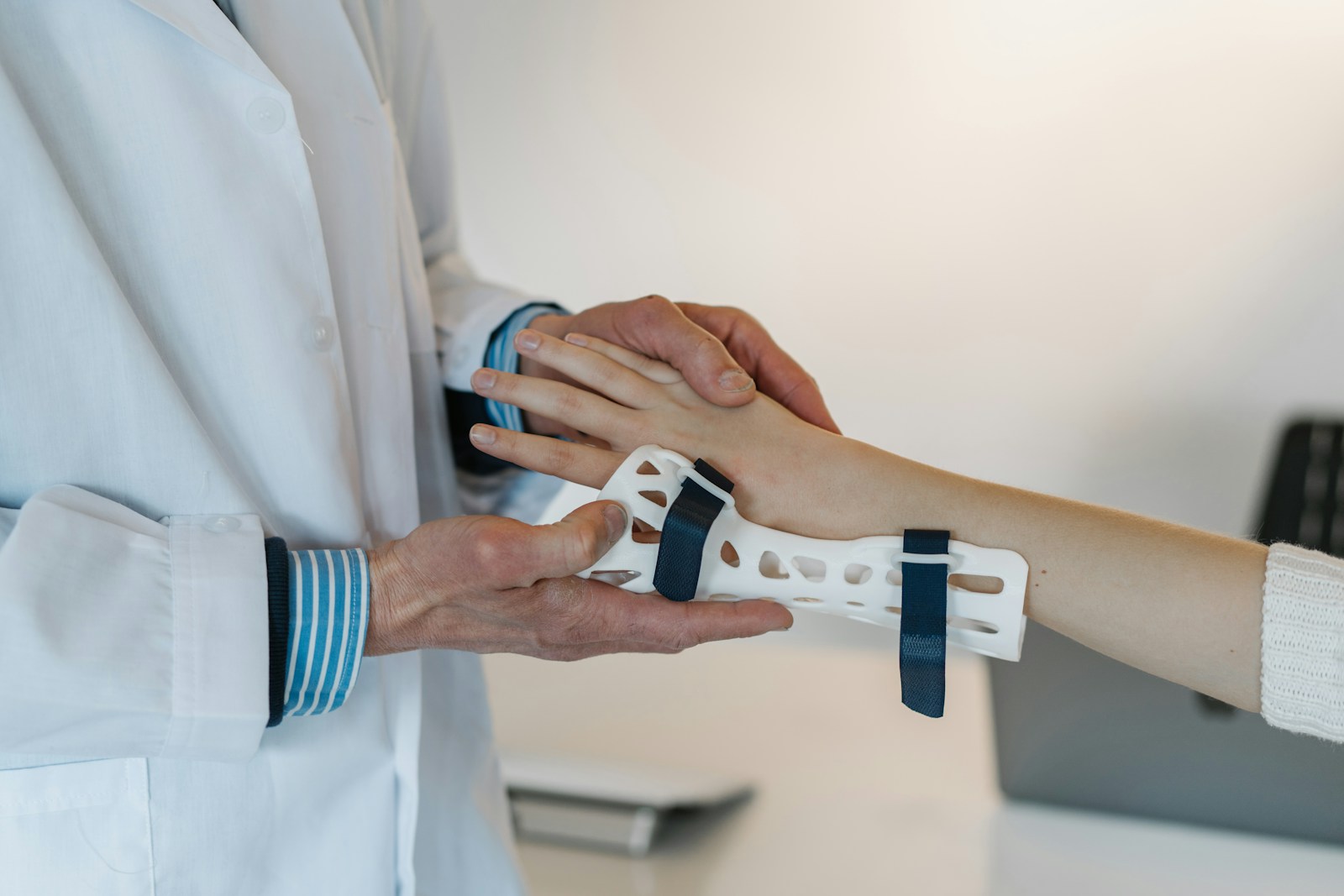In recent years, the healthcare industry has been undergoing a significant transformation with the introduction of innovative technologies. One such technology that has gained popularity and revolutionized the way healthcare services are delivered is medical chatbots. These AI-powered virtual assistants are changing the landscape of healthcare by providing real-time support, guidance, and assistance to patients and healthcare professionals. In this article, we will explore the role of chatbots in healthcare, their benefits, and how they are transforming the industry.
The Role of Chatbots in Healthcare
Medical chatbots play a crucial role in providing personalized healthcare services to patients. These virtual assistants are designed to interact with users in a natural language format, helping them navigate through their health concerns, provide information, and even diagnose certain conditions. By leveraging machine learning algorithms, chatbots can offer tailored recommendations and support based on individual health data and symptoms.

Benefits of Using Medical Chatbots
There are numerous benefits to using medical chatbots in healthcare settings. One of the key advantages is the 24/7 availability of these virtual assistants, allowing patients to seek medical advice and support at any time of the day. Additionally, chatbots can help streamline the appointment booking process, provide medication reminders, and offer health tips and resources to improve overall well-being.
How Chatbots Are Revolutionizing Healthcare
Medical chatbots are revolutionizing healthcare by providing a cost-effective and efficient solution to address the growing demand for healthcare services. These virtual assistants can assist in triaging patients, reducing wait times, and improving the overall patient experience. By automating routine tasks, chatbots free up healthcare professionals to focus on more critical aspects of patient care.
Increasing Access to Medical Advice
One of the significant advantages of medical chatbots is their ability to increase access to medical advice for patients in remote or underserved areas. By leveraging telemedicine technologies, chatbots can connect patients with healthcare providers, offer remote consultations, and help monitor chronic conditions. This increased accessibility helps bridge the gap in healthcare disparities and ensures that all individuals receive timely and quality care.

Improving Patient Engagement
Medical chatbots are also improving patient engagement by providing personalized and interactive support to individuals. These virtual assistants can engage patients in their healthcare journey by offering relevant information, tracking their progress, and encouraging healthy behaviors. By fostering a sense of empowerment and involvement in their care, chatbots help improve patient outcomes and satisfaction.
Reducing Healthcare Costs
Another significant benefit of medical chatbots is their ability to reduce healthcare costs for both patients and providers. By automating routine tasks, such as appointment scheduling and triage, chatbots help optimize resource utilization and improve operational efficiency. Additionally, by promoting preventive care and early intervention, chatbots can help lower the overall cost of healthcare services.
Chatbots as Virtual Health Assistants
Medical chatbots are increasingly being seen as virtual health assistants that complement the work of healthcare professionals. These virtual assistants can assist in conducting initial assessments, providing symptom checkers, and offering personalized recommendations for treatment and follow-up care. By leveraging AI technologies, chatbots can continuously learn and improve their capabilities to deliver high-quality healthcare services.
Enhancing Diagnostic Accuracy
One of the key advantages of medical chatbots is their ability to enhance diagnostic accuracy by leveraging data-driven algorithms and machine learning capabilities. Chatbots can analyze symptoms, medical history, and other relevant information to provide accurate and timely diagnosis recommendations. By improving the diagnostic process, chatbots help healthcare providers make informed decisions and improve patient outcomes.
Ensuring Timely Responses to Patients
Medical chatbots play a crucial role in ensuring timely responses to patients’ inquiries and concerns. By providing instant support and guidance, chatbots help alleviate anxiety, provide reassurance, and offer timely interventions for urgent medical issues. This real-time communication channel enables patients to access healthcare services quickly and efficiently, improving overall patient satisfaction and outcomes.

Integrating Chatbots into Healthcare Systems
As medical chatbots continue to gain popularity and acceptance in the healthcare industry, there is a growing trend towards integrating these virtual assistants into existing healthcare systems. By seamlessly integrating chatbots with electronic health records, telemedicine platforms, and patient portals, healthcare providers can offer a more holistic and connected approach to patient care. This integration helps improve communication, coordination, and collaboration among healthcare teams, leading to better outcomes for patients.
Challenges and Limitations of Medical Chatbots
Despite their numerous benefits, medical chatbots also face challenges and limitations that need to be addressed. One of the key concerns is ensuring the privacy and security of patient data when using chatbots for healthcare services. Additionally, there may be limitations in the scope of conditions that chatbots can effectively diagnose and treat, requiring human intervention for complex cases. It is essential to address these challenges to ensure the safe and effective use of medical chatbots in healthcare settings.
Future Outlook for Chatbots in Healthcare
The future outlook for medical chatbots in healthcare is promising, with continued advancements in AI technologies and increased acceptance of virtual care solutions. As chatbots continue to evolve and improve their capabilities, we can expect to see more sophisticated virtual assistants that offer personalized and comprehensive healthcare services. With the potential to transform the way healthcare is delivered, chatbots are set to play a significant role in shaping the future of healthcare and improving patient outcomes.

In conclusion, medical chatbots are revolutionizing healthcare by providing personalized, accessible, and cost-effective solutions to address the growing demand for healthcare services. By enhancing patient engagement, improving diagnostic accuracy, and reducing healthcare costs, chatbots are transforming the industry and improving patient outcomes. While there are challenges and limitations to be addressed, the future outlook for chatbots in healthcare is promising, with continued advancements in AI technologies and integration into healthcare systems. As we embrace the potential of chatbots as virtual health assistants, we can expect to see a more connected, efficient, and patient-centered healthcare system in the years to come.












